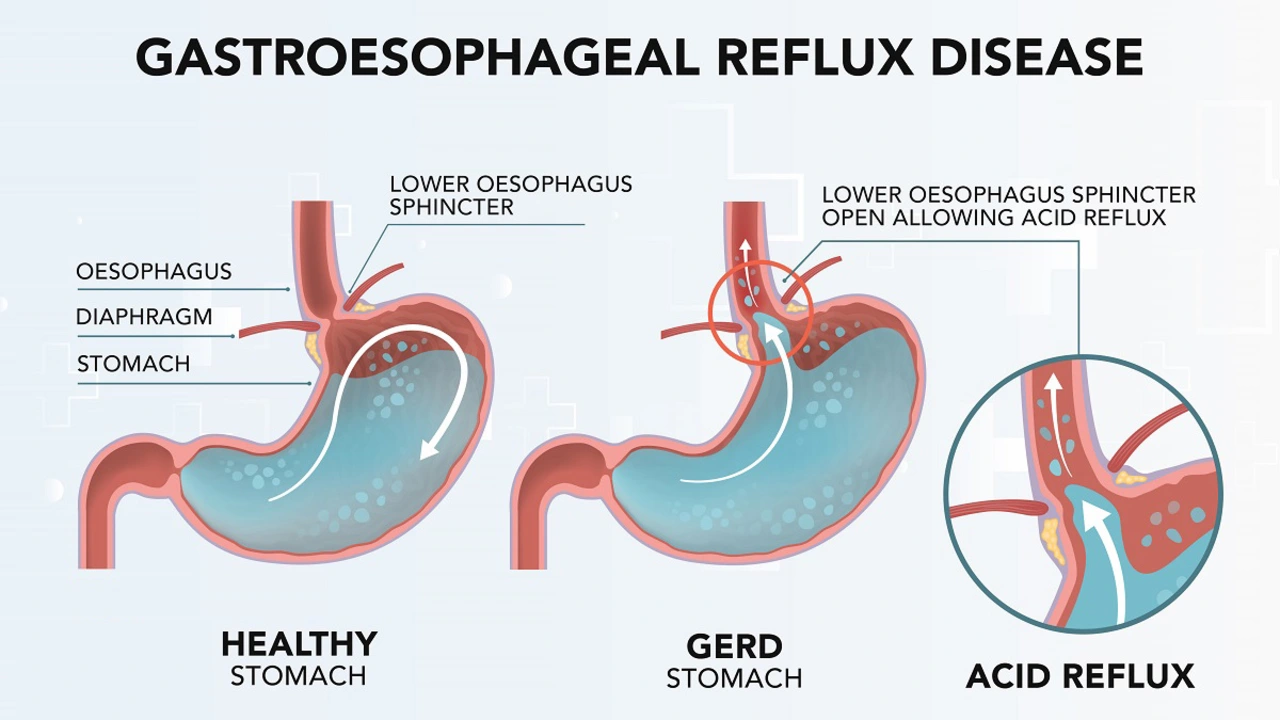Digestive Disorders – Simple Guide to Common Gut Problems
If your stomach feels off, you’re not alone. Millions deal with bloating, pain, or irregular trips to the bathroom every day. The good news? Most gut issues have clear signs and easy steps you can try before booking a doctor.
What are the most common digestive issues?
Here’s a short list of the gut problems you’ll hear about the most:
- Indigestion (dyspepsia) – burning or fullness after meals, often linked to spicy food or stress.
- Irritable bowel syndrome (IBS) – cramping, diarrhea, or constipation that comes and goes without a clear cause.
- Constipation – hard stools, straining, or feeling like you haven’t emptied fully.
- Acid reflux (GERD) – heartburn or a sour taste that’s worse when you lie down.
- Food intolerance – bloating, gas, or diarrhea after eating dairy, gluten, or other triggers.
Most of these start with lifestyle habits. Too much caffeine, irregular meals, or not enough water can aggravate any of them.
How to manage symptoms and when to see a doctor
First, keep a simple food and symptom diary for a week. Write down what you eat, how you feel, and any bathroom changes. Patterns pop up fast and help you spot triggers.
Try these quick fixes:
- Drink plenty of water – aim for eight glasses a day. Dehydration makes stool hard and slows digestion.
- Add fiber gradually – fruits, veggies, oats, or a daily psyllium supplement can smooth things out.
- Move a little each day – a 20‑minute walk after meals speeds up gut activity.
- Limit alcohol, caffeine, and fried foods – they irritate the stomach lining and increase acid.
- Practice stress‑relief techniques – deep breathing or short meditation sessions calm the gut‑brain connection.
If symptoms persist for more than two weeks, cause weight loss, blood in stool, or severe pain, it’s time to call a GP. They may suggest tests, prescription meds, or a referral to a gastroenterologist.
When medication is needed, make sure you buy from reputable sources. Our site has guides on buying safe, cheap medicines online in the UK – useful if your doctor prescribes something like antacids, laxatives, or IBS drugs.
Remember, most digestive disorders improve with small lifestyle tweaks. Keep tracking, stay hydrated, and don’t ignore red‑flag symptoms. Your gut will thank you.

